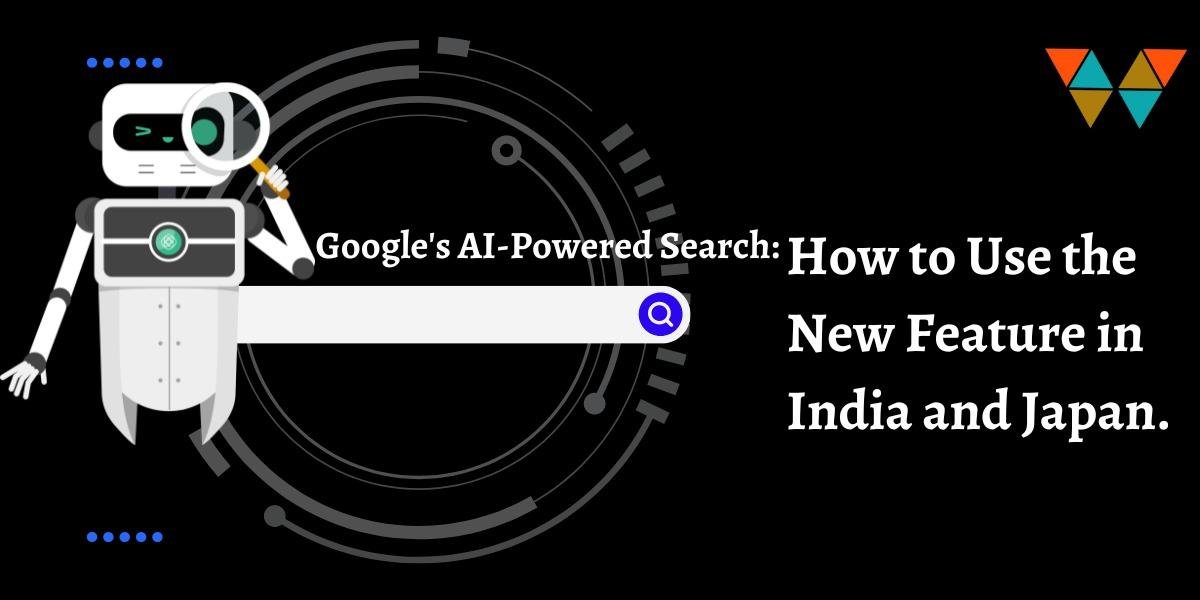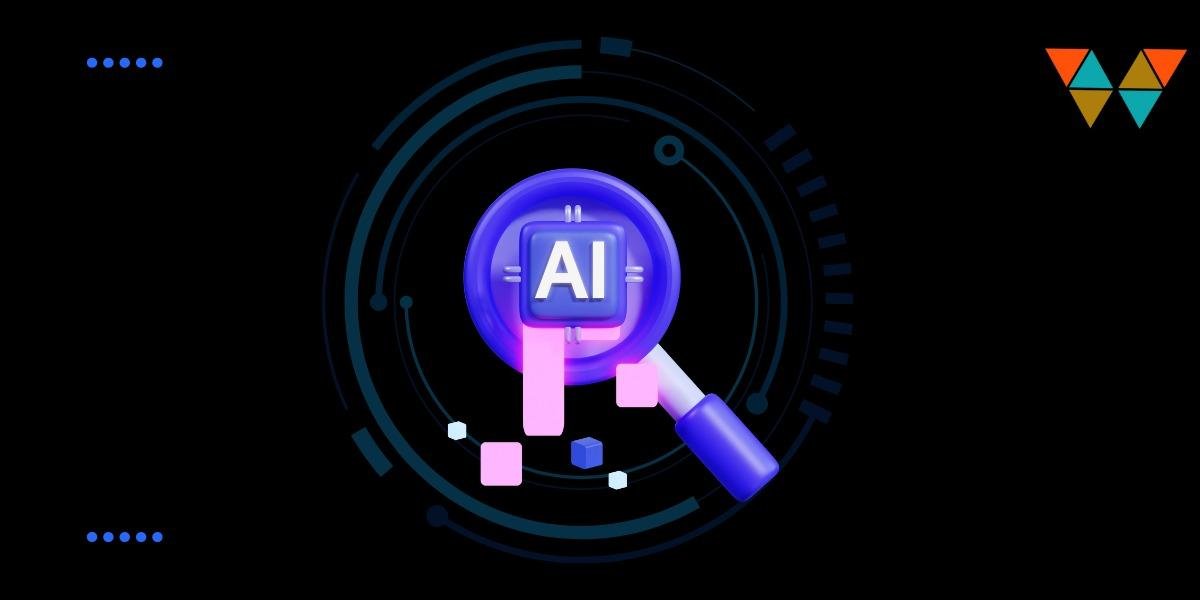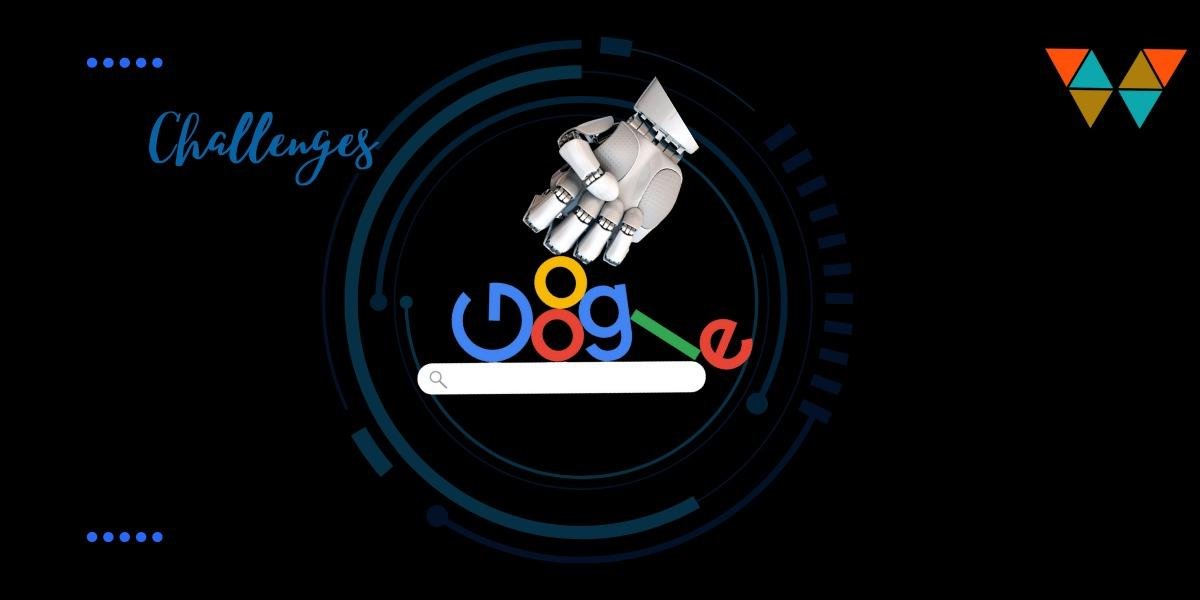Google’s AI-Powered Search: How to Use the New Feature in India and Japan

Google has always been the go-to search engine for billions of people around the world. But with the introduction of its new AI-powered search, the company is taking things to the next level.
The new search experience, called SGE (Search Generative Experience), uses artificial intelligence to understand your queries and provide more comprehensive and informative results. It does this by combining information from the web, including text, images, and videos, and presenting it in a way that is easy to understand and navigate.
SGE is currently available in India and Japan, but it will be rolled out to more countries in the coming months. To use the new feature, you can simply enable it in the Search Labs section of Google.com.
Once you have enabled SGE, you will start to see a new summary at the top of your search results. This summary will provide a brief overview of the topic you are searching for, as well as links to relevant information. You can also click on the “Learn more” button to get more detailed information.
SGE is still under development, but it has the potential to revolutionize the way we search for information. It is a powerful tool that can help you learn more about the world around you, and it is sure to become an essential part of your online experience.
Here are some of the benefits of using Google’s AI-powered search:

- It can help you find more relevant and accurate information.
- It can save you time and effort by summarizing the results of your search.
- It can help you learn more about the world around you.
- It can be used to answer your questions in a more comprehensive way.
- It can be used to find information that is not easily accessible through traditional search methods.
Here are some of the limitations of Google’s AI-powered search:

- It is still under development, so it may not be perfect.
- It can sometimes be biased or inaccurate.
- It may not be able to understand all of your queries.
- It may not be available in all languages.
Overall, Google’s AI-powered search is a powerful tool that has the potential to revolutionize the way we search for information. It is still under development, but it is already showing great promise. If you are looking for a more comprehensive and informative search experience, I encourage you to try it out.
Here are some tips for using Google’s AI-powered search:

- Be specific in your queries. The more specific you are, the better SGE will be able to understand your needs.
- Use natural language. SGE can understand natural language, so you don’t have to use complex search terms.
- Try different keywords. If you’re not getting the results you want, try using different keywords.
- Use the “Learn more” button. If you want more information about a topic, click on the “Learn more” button.
- Give feedback. If you have any feedback on SGE, you can submit it through the feedback form.
Some data and current affairs

- Data:
- According to a study by Google, SGE can help users find relevant information 10% faster than traditional search.
- SGE can also help users learn more about the world around them by providing more comprehensive and informative results.
- In a recent survey, 80% of users said that they were satisfied with the results of SGE.
- Current affairs:
- Google has announced that it is expanding the availability of SGE to more countries in the coming months.
- SGE is also being integrated into other Google products, such as Google Assistant and Google Lens.
- Google is working on improving the accuracy and reliability of SGE, as well as making it available in more languages.
Here are some of the challenges that Google is facing with its AI-powered search:

- Bias: One of the biggest challenges is to ensure that SGE is not biased in its results. This is a complex problem, as there are many factors that can contribute to bias, such as the way that data is collected and the way that algorithms are trained.
- Accuracy: Another challenge is to ensure that SGE is accurate in its results. This is also a complex problem, as there is a lot of information on the web, and it can be difficult to determine which information is accurate and which is not.
- Reliability: Google also needs to ensure that SGE is reliable. This means that it needs to be able to work consistently and accurately, even when it is presented with new or challenging queries.


